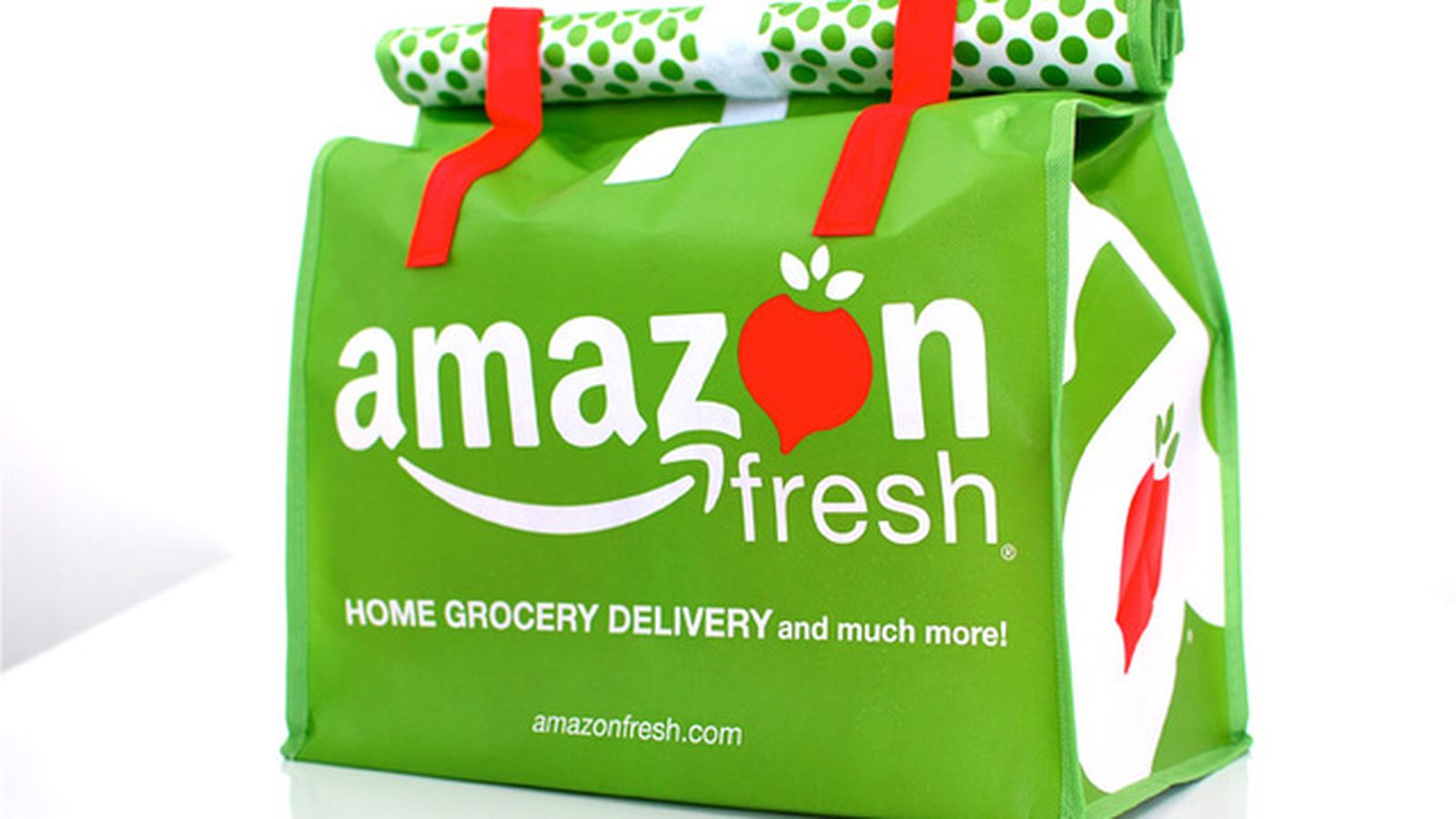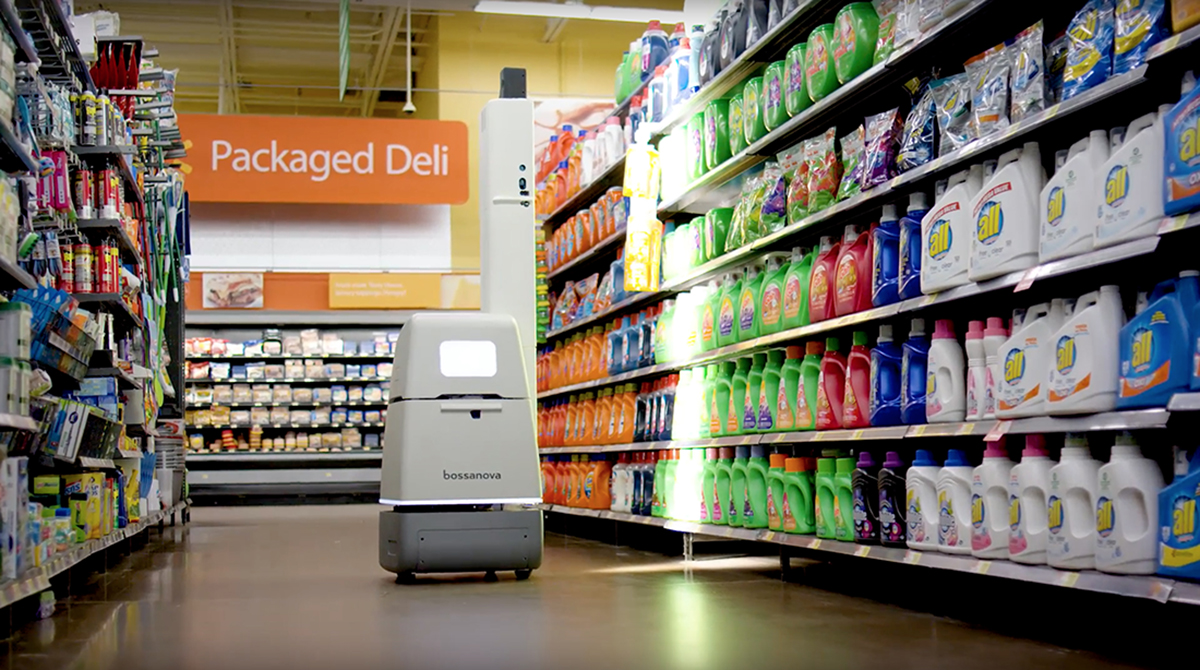Online grocery shopping may be one of the most disruptive forces that the grocery industry has ever faced. With young consumers being more digitally connected than their predecessors, the rise of online grocery shopping trends have led major food companies to transition their product portfolios online as well. However, these efforts may pay off in the long run as consumers venture outside of popular online grocery sites like Amazon to find other providers with potentially better deals. A new study by RichRelevance supports this notion with 60 percent of participants claiming to want to try new online grocery providers.
Las Vegas, Nevada-based digital experience personalization company, RichRelevance, surveyed 1500 American consumers about their preferences and behaviors around online grocery shopping. With almost half (45 percent) of the US population claiming to have purchased at least one item from an online grocery site, RichRelevance identified this market to have significant potential for major grocery providers.
However, companies may be reluctant to enter this category as there is a lot of competition among online grocery providers. With Amazon leading in this category with more than twice as many shoppers (60 percent) than big box retailers and supermarkets (27 percent) and four times as many consumers as wholesale clubs such as Costco (15 percent), it can be intimidating for food companies to challenge this market.
The findings from this study however, debunk the notion that consumers prefer Amazon over other online retailers. RichRelevance identifies the 60 percent of American consumers that have yet to try an online grocery service to be open to trying new online grocery providers. In addition, those who have already used an online grocery service claim to not have settled with just one grocery provider. About 36 percent of these consumers claim to be using multiple online grocery sites as well.
The digital experience company also identifies online grocery trends to be “far from maturity,” meaning that the majority of Americans have not fully transitioned online for their grocery needs. In addition, out of those consumers who have shopped for groceries online, 60 percent claim to only shop on occasion. This means that the digital landscape for online grocery opportunities has yet to flourish, giving ample space for new food companies to enter the market.
In addition to these statistics, RichRelevance provides food companies with tips on how to stand out in the online grocery space through site optimization. According to the report, shoppers want “relevant” content on their online grocery sites. About 56 percent of shoppers want to see a “frequently bought items” section, 56 percent want a “favorites” section and 50 percent want an “alternatives” section. Consumers also said that they would appreciate personalized apps/pages (37 percent) and meal preparation suggestions (26 percent).
According to Nielson research, the total online retail segment is forecasted to grow with a combined annual growth rate of 20 percent to reach a market value of $4 trillion by 2020. As for online grocery trends specifically, Statista estimates this sector to amount to $30 billion in market value by 2021. Such promising numbers are likely to push major food companies to invest in online grocery services.
“As the fight for category leadership in digital grocery heats up, Experience Personalization will take center stage in 2018,” said Michael Ni, CMO of RichRelevance. “Grocery buying is increasingly becoming a lifestyle choice beyond produce. This is creating opportunities for new grocers to engage consumers with new and fresh ideas, gather key customer browsing and buying behavior, and personalize their various brands, creating a virtuous cycle of loyalty. Grocers need to learn from the early mistakes of traditional retailers and not simply try to compete with Amazon on convenience but focus on the new opportunity that online shopping provides .”
Other online grocery providers include Instacart, Grocery Gateway, Blue Apron, HelloFresh, Peapod, Walmart and FreshDirect. However, as online grocery continues to grow and evolve, new online grocery companies are likely to be introduced in the coming years.










Join or login to leave a comment
JOIN LOGIN